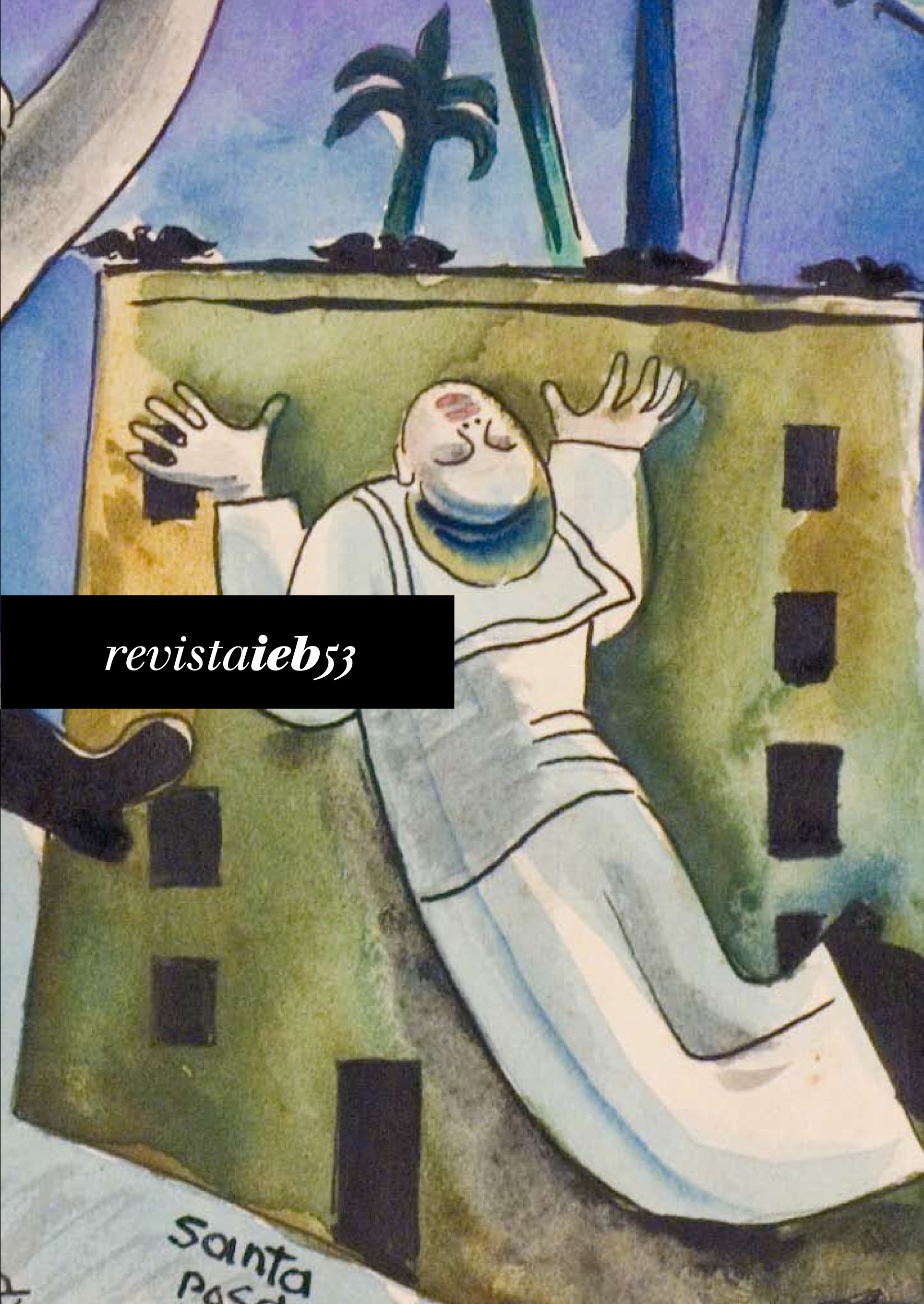Some textual relationships between Euclides da Cunha and Guimarães Rosa
DOI:
https://doi.org/10.11606/issn.2316-901X.v0i53p69-88Keywords:
Intertextuality, Guimarães Rosa, Euclides da Cunha, Brazilian backlandsAbstract
Many literary critics have studied the relationship between the great works by Euclides da Cunha and Guimarães Rosa, emphasizing their structural similarities; the way Euclides da Cunha's essay sheds light on Grande Sertão: Vereda's context; and how Rosa rewrites ideologically Os Sertões. In this article my analysis centers on the difference between the essayistic genre and the novel, highlighting the way Rosa makes use of fictional discourse in order to put forward certain Euclide da Cunha's intuitions. The kind of interplay between literature and society I want to discuss in this article does not rely exclusively on the identity between social structures and literary discourse. I want grasp exactly the opposite: the non-identity between these two terms, i.e., the power of Rosa's fiction to imagine alternative worlds to the current social structures. I deal with three themes put forward by Euclides da Cunha which are developed by Rosa: the exile, the conflict between Civilization and Barbarism and the theme of transfiguration.Downloads
Download data is not yet available.
Downloads
Published
2011-09-01
Issue
Section
Articles
License
- Todo o conteúdo do periódico, exceto onde está identificado, está licenciado sob uma Licença Creative Commons do tipo atribuição CC-BY.
How to Cite
Cesar-Melo, A. (2011). Some textual relationships between Euclides da Cunha and Guimarães Rosa . Revista Do Instituto De Estudos Brasileiros, 53, 69-88. https://doi.org/10.11606/issn.2316-901X.v0i53p69-88



